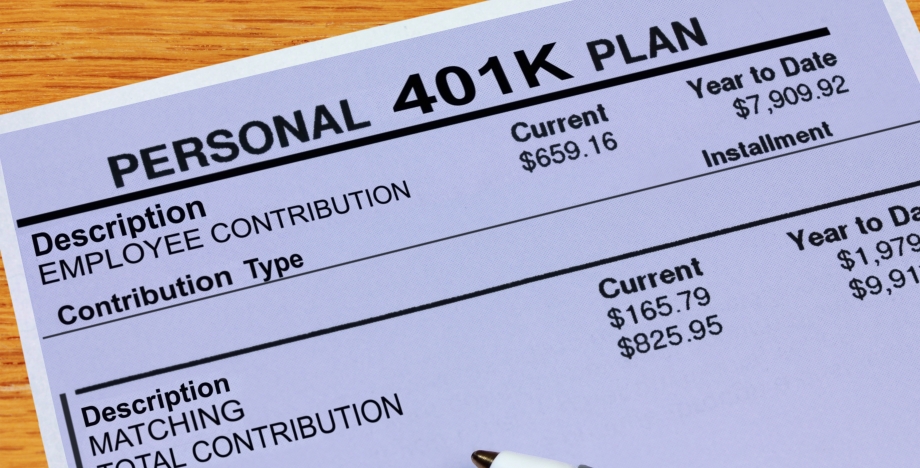
I am one of the few millennials at my job and I am constantly bombarded with the dreaded question of when I’m getting married.
“Maybe in a few years.”
“Maybe in 5 years.”
“Maybe in 10.”
Or maybe, “I have no clue.”
Whenever I respond with one of the answers above, I get crazy looks because as my older coworker puts it, “I’m not getting any younger and I make decent money, so why not?”
The truth is, I definitely value the idea of marriage and hope that I am blessed with it someday. However, like many other millennials, I am not in a rush to jump the broom.
According to recent research, the median age for millennial women to marry is now 27. For men it is 29. Currently, just 20% of millennials from ages 18 to 30 are married, compared to nearly 60% of 18 to 30 year olds in 1962, according to the U.S. Census Bureau.
Millennials are clearly delaying marriage longer than any generation before them. Despite the delay, the idea of marriage is still important to young adults, but many are waiting to walk down the aisle for a number of reasons.
Here are the top 5 reasons why millennials are taking longer to get hitched and how it can affect their future retirement benefits.
1. They are waiting until they are “financially stable.”
Millennials are the generation of college graduates. Unfortunately, the average student loan debt is $40,000. According to a recent survey, the average millennial hands over 18 percent of their paycheck to pay for student loan debt. Ouch.
Being financially stable is a priority for our generation, and most of us are not thinking about having a life-long commitment with someone until they are in a better financial state. On top of that, the median salary for millennial graduates is $27,000. We can all agree that marriage can be a financial investment. When you consider the heart-breaking loan debt and undesirable income, it explains why some millennials aren’t in a rush to marry.
2. They have major #CareerGoals.
Jasmine, 24, works in marketing and says that professional aspirations may have something to do with the low marriage rates with millennials.
“I think that nowadays more women are wanting to ‘bring home the bacon’ and have career goals that they want to meet,” says Jasmine. “I feel that I am a perfect example of that. While I definitely want to get married one day, I’m trying to reach a certain level in my career, so being in a serious relationship is on the back burner.”
Personally, I know many millennials that can relate to Jasmine’s statement. While these men and women value marriage, they are too focused on getting their business started, or climbing the corporate ladder.
3. There are too many options to settle down.
If you Google “dating sites” over 19,000 results will populate. We are currently living in the era of Tinder, Bae, Match.com, and eHarmony to name a few. As crazy as this may sound, the plethora of dating sites can make settling down difficult. While these dating sites are designed to help you weed out the least compatible mates, it also sheds light on how many options are available.
As my friend DJ told me, “Online dating sites and social media proves that there are a lot of options to choose from, so why do I have to settle with one person right now? The way that I look at it, I’m only 26, so I’m still very young. I don’t have to rush into settling down and finding a wife now.”
Besides this man’s opinion, there are many women that feel the same. My coworker Olivia who’s 29 told me, “When I first got out of college, I was too busy trying to climb the corporate ladder. Now that I have reached some of my career goals, I am ready to date. Even though I’m ready to meet new people, I’m not ready to settle down. As an adult, I haven’t dated much, so I believe I should take my time, date around, and explore my options.”
4. More single people are cohabiting.
Cohabitation has become more popular and many believe it has an affect on the marriage decline and delay. According to recent data, about 24 percent of never-married Americans ages 25 to 34 live with their boyfriend/girlfriend. Out of that number, about 29 percent of couples get married after a year of cohabiting, 9 percent call it quits, and 62 percent continue to just live together, year after year.
5. Less rush to motherhood = Lower priority for marriage.
Between the increase in contraceptive options and a woman’s ability to freeze her eggs, women are less concerned with having babies early, and consequently are not rushing to marry. For many women, marriage before babies is still valued, however until they are ready for marriage, the babies will have to wait.
As stated earlier, money woes contribute to the early marriage decline, and studies show it also contributes to the childbearing decline. Because of financial issues, millennials worry about being able to afford children and having time to raise them. A Wharton Business School study found that millennial male graduates were expecting to work more than 40 hours a week, and felt that having a family would conflict with their careers.
When millennials postpone having children, it can affect their chances of conceiving. Research shows that the older men and women get, the less fertile they are. A low fertility rate in the millennial generation can unfortunately affect their future retirement benefits. Consequently, when the fertility rate is low, there will be a smaller workforce to pay for the retired benefits.
What are your thoughts on why millennials are taking longer to wed? If you are a millennial, we would love to hear from you!


